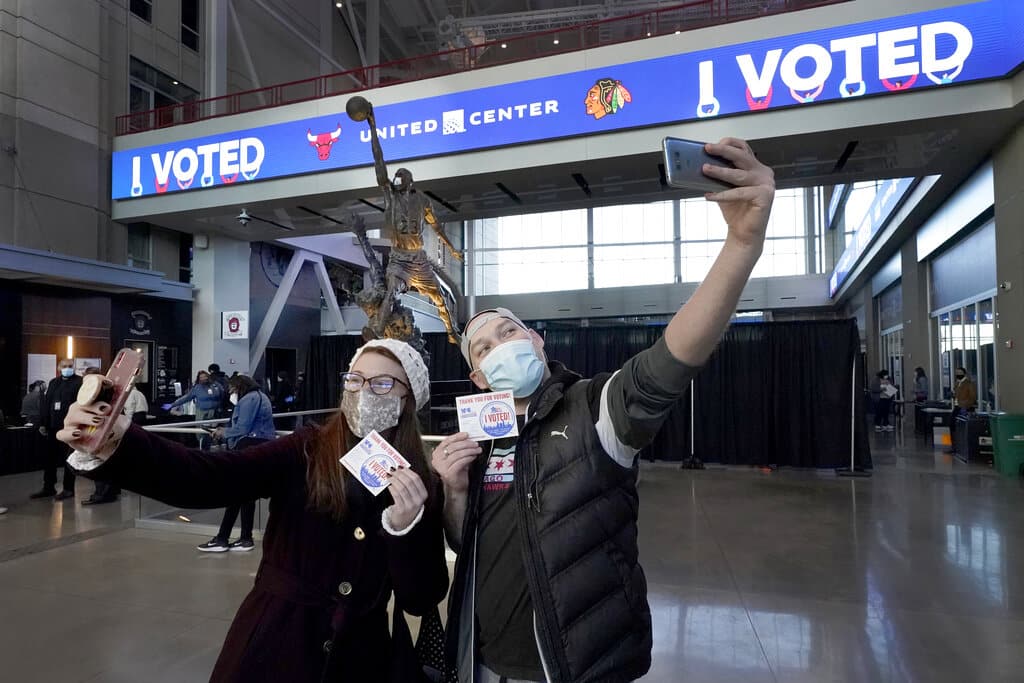Ballot selfies refer to photos people take of their voting ballots and then display on social media or elsewhere. Many states have sought to regulate or outright prohibit the display of ballot selfies, thus presenting a pristine First Amendment issue.
States that prohibit ballot selfies argue that ballot selfies could lead to the buying and selling of votes and voter coercion. In other words, let’s say a group offers people money to vote for a particular candidate. However, the group will not pay unless the group has proof that the people actually voted for the preferred candidate. Thus, the people take pictures of their ballots to prove they voted for that particular candidate.
Ballot selfies are protected by First Amendment, proponents say
However, proponents of ballot selfies contend that a ballot selfie is a form of protected political expression. A person often displays a ballot selfie simply to assert her or his support for a candidate. In other words, there may be many legitimate reasons for a people to showcase their ballots — not as a part of some vote-buying scheme.
The 1st U.S. Circuit Court of Appeals invalidated New Hampshire’s ban on ballot selfies in Rideout v. Gardner, 838 F.3d 65 (2017). The appeals court determined that “[a] few recent instances of vote buying in other states do not substantiate New Hampshire’s asserted interest in targeting vote buying through banning the publication of ballot selfies.”
New Hampshire ballot selfie law struck down as overly broad
Interestingly, the 1st Circuit did not definitively decide whether New Hampshire’s ballot selfie ban was a content-based law subject to strict scrutiny or a content-neutral law subject to the lesser standard of review known as intermediate scrutiny. Instead, the 1st Circuit said that the ban violated even the lower standard of review because “there is a substantial mismatch between New Hampshire’s objectives and the ballot-selfie prohibition” in New Hampshire. In other words, the 1st Circuit held that the ballot selfie ban was simply too broad and not narrowly tailored enough.
The 1st Circuit explained that a ballot selfie ban suppresses “a large swath of political speech” — the core type of speech protected by the First Amendment.
In response in part to this decision, some states have passed laws that explicitly allow ballot selfies. For example, Alabama’s law prohibits taking a picture of someone else’s ballot but specifically allows for the taking of one’s own ballot.
The provision reads: “This section does not prohibit a voter from making available a photograph of the voter's own ballot by posting the photograph on the Internet or in some other electronic medium, and any retransmittal of the photograph does not constitute a violation of this section.”
Other states, however, continue to ban the practice of ballot selfies.
It likely would take a U.S. Supreme Court decision in a ballot-selfie case to definitively resolve the issue.
David L. Hudson, Jr. is a law professor at Belmont who publishes widely on First Amendment topics. This article was published Jan. 12, 2024.

